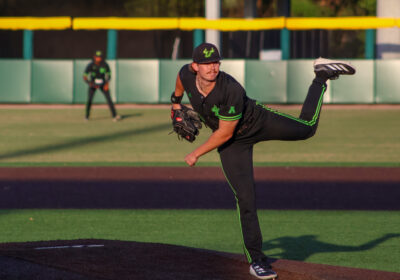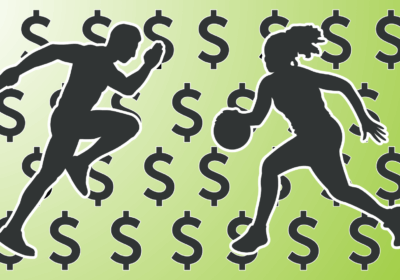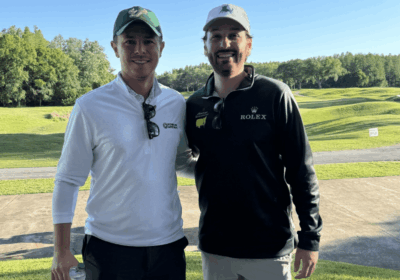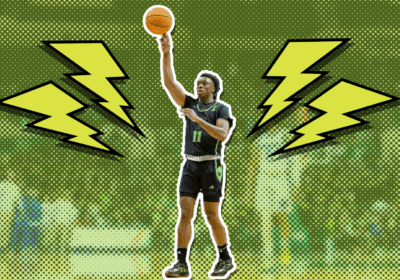USF support program helps international student-athletes thrive
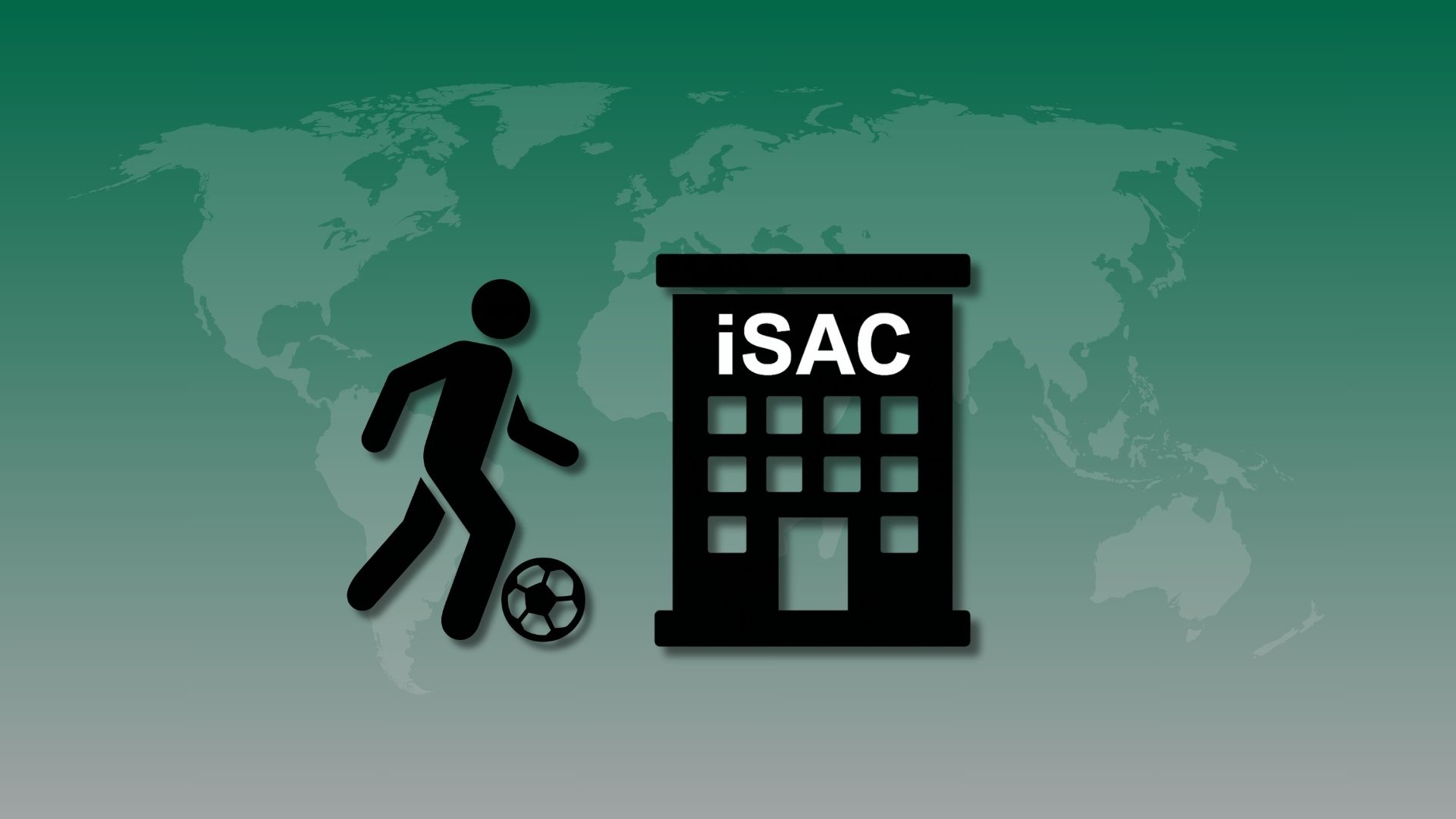
For Mathis Haugen, a USF international student-athlete from Norway, his journey started with a leap of faith.
Haugen said he planned to take a gap year after high school and then apply to college. But when USF recruited him in fall 2021, everything changed.
Now a senior, the men’s soccer defender had never visited the U.S., never seen the USF campus and barely had time to process his decision before boarding a flight to Tampa.
“I’d never lived on my own before,” he said. “Suddenly, I was in a different country, speaking a different language and cooking my own meals.”
While Haugen’s journey is his own, his challenges echo the path many international student-athletes face — adapting to unfamiliar classrooms and battling homesickness, all while trying to compete at a high level.
This spring, more than 100 international student-athletes competed for USF. But behind them stood a web of support — from teammates and coaches to university services designed to aid in their transition process.
Related: USF beach volleyball balances summer training away from campus
The needs of international student-athletes extend well beyond adapting to a new language or training schedule.
Filing taxes, getting a driver’s license, buying a car or even subleasing an apartment can be complicated by visa restrictions and unfamiliar legal processes.
That’s where the International Student-Athlete Club steps in.
Students are advised by Isis Lowery, a former NCAA gymnast from Australia and now USF’s director of the Selmon Mentoring Institute and Student-Athlete Enhancement.
Lowery said the club, created in Fall 2022, creates a supportive environment where athletes can navigate college life with a bit more ease.
“Our goal is to provide student-athletes with a safe space where they can meet fellow international student-athletes, while also connecting them with resources and support that meet their unique needs,” she said.
The club helps international student-athletes navigate the practical life tasks that often get overlooked, Lowery said.
And things did get harder for Haugen before they got easier.
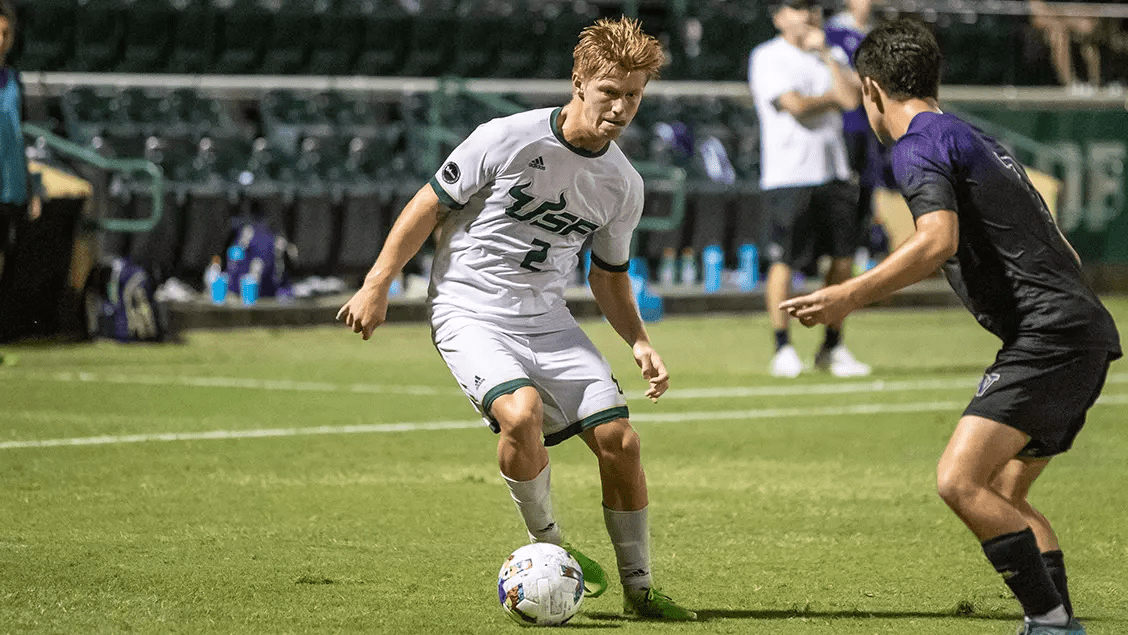
Just days after arriving in the U.S., he tested positive for COVID-19 and had to be isolated. He said the period was marked by uncertainty and frustration.
“That first month, I was just trying to find my place,” Haugen said.
But even with a rough start, he gradually found stability — not through structure, but through the people around him.
With the support of his teammates, he said he was able to learn the ropes in an unfamiliar environment.
“Within a week or two, I had 30 new friends,” he said. “They showed me how to get around, how to do everything. That transition was surprisingly easy.”
Related: Kelly says USF will be an ‘aggressive’ House v. NCAA settlement adopter
That kind of support can look different for every athlete, depending on their background, sport and personal circumstances. But at its core, it creates the conditions for growth.
It’s a kind of growth that USF men’s soccer head coach Bob Butehorn has seen all too well.
Of the 27 players on his current roster, 14 are international athletes.
Throughout Butehorn’s nine-year tenure at USF, bringing together players from different backgrounds, systems and cultures to form a unified team has been a consistent theme.
“Our sport is diverse globally,” he said. “That’s just the recipe.”
And that global mix has become part of the program’s identity.
Butehorn has seen the impact firsthand, as international athletes navigate new countries and unfamiliar systems, growing into leaders who ultimately reshape the programs they join.
“The international students have provided my program and myself with invaluable — not only lessons — but a clear understanding that the similarities are stronger than the differences,” Butehorn said.


